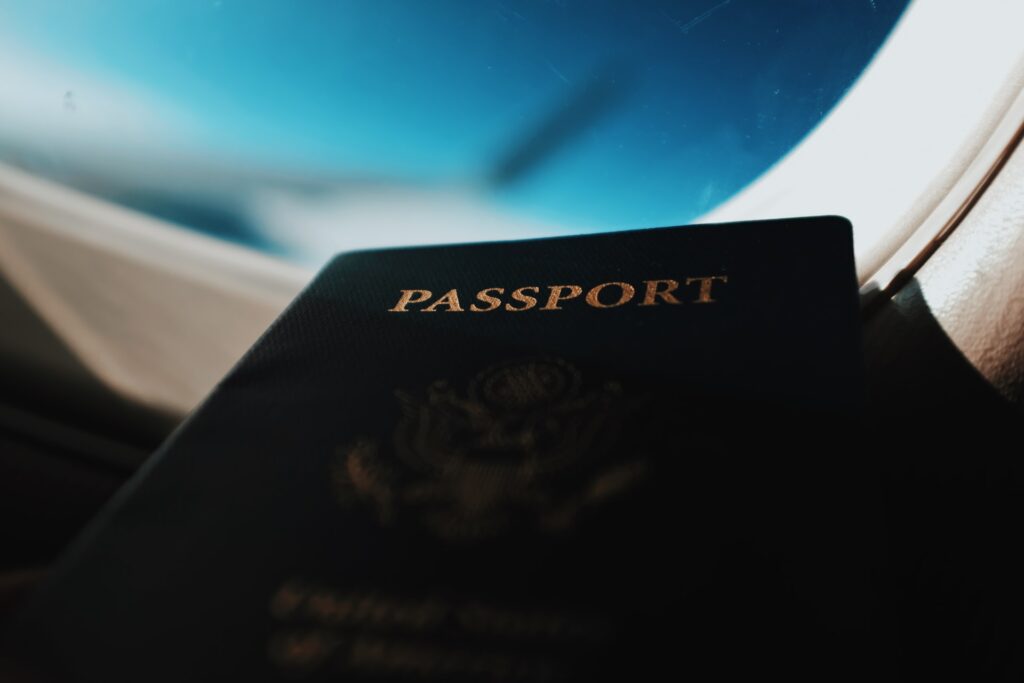Relocating to another country can be so exciting. At the same time preparing for your relocation, dealing with movers, packing, finding a new home can be also quite frustrating. Preparing for the move will take up a lot of your free time as well as patience. That is why you should consider hiring a reliable moving company like Verified Movers to help you relocate. Professional movers that specialize in long distance relocation can help a lot with organizing your relocation and packing. However, even with the help of the best moving company out there, there are numerous tasks you will need to complete on your own. That is why you should consider one of the most important factors before you even start planning the move – important documents. Keep reading and find out more about the documentation you will need for a cross-country move.
How to prepare for a cross-country relocation?
The best way to start preparing for your relocation is to create a long to-do list. List all the tasks you need to finish before the moving day. Consider making multiple to-do lists for your big relocation. List the tasks you need to check off during the moving day. At last but not least, put on paper all the tasks that you will complete after the moving day. Creating a to-do list will help a lot to organize better and not forget any important aspect of your relocation. After you create multiple to-do lists, consider finding the best interstate moving companies Texas has to provide.

The passport is the most important document you will need when moving to another country.
Research reliable movers a month or even two before your move-out date. It is best to create a schedule in advance and even give enough time to your movers to organize your relocation without too much stress. Keep in mind that moving professionals that you choose to help you relocate will also handle some of the important documentation you will need for a cross-country move.
Make sure you gather important documents from your movers
Buying your new home or renting your new residence will take time and effort. Researching numerous listings and making sure your new home will be move-in ready will probably be one of the top items on your list. However, making sure you hire one of the best moving companies South Carolina has to offer is also important. Before hiring a reliable moving company for your cross-country relocation will also mean that you need to deal with more paperwork. Asking movers for a quote and signing the contract with movers is important.
When movers load the last moving boxes onto the moving truck they will provide you with the important documentation you will need for a cross-country move. Documents movers give you are just part of the important paperwork you will need for your relocation. These documents prove that movers took belongings from your home. In case of any damage or loss, you have papers for insurance purposes. However, these documents are not the only part of the important documentation you will need for a cross-country move.

Preparing for the move will take up a lot of your free time as well as patience.
Gather all documentation you will need for a cross-country move
When moving cross-country, you will have to navigate a big pile of paperwork. To relocate without difficulty, you must bring all the important paperwork with you while you travel. Consider bringing important documentation you will need for a cross-country move:
- Passports. The passport is the most important document you will need when moving to another country. So before you plan your relocation, make sure your passport is valid. In case you forget to check the date, you may get in trouble when crossing the border. As we all know, getting a new passport may take some time. In order to avoid potential delays and problems, check your passport before starting the moving process.
- Visa. Even whit a passport in your hand, you will also need a visa to get into your new country. Make sure to apply for a visa a month or two before you start preparing for your relocation.
- Birth certificate. A birth certificate should be a part of the documentation you will need for a cross-country move. You don’t have to show this particular document while crossing the border. However, you may need your original birth certificate as an essential document.
- Medical records and insurance paperwork. Moving to a new country will entail that you bring important documentation with you. After settling in your new home, you will probably have to transfer your medical records to your new doctor. On the other hand, your insurance paperwork is important documents you may need for multiple purposes even while traveling.
- Your ID and driver’s license. Every mover with experience will advise you to bring the most important documents with you when moving. By bringing everything with you, you will make sure that none of the important paperwork may get lost if packed with the rest of your belongings. Make sure to have your Id with you as well as your driver’s license. You may need the while traveling especially if driving your vehicle to your new home.

Before hiring a reliable moving company for your cross-country relocation will also mean that you need to deal with more paperwork.
Don’t forget your pet’s passport
Another important part of the documentation you will need for a cross-country move is your pet’s passport and records from your vet. So before you find the best interstate moving companies Florida has to offer, ask them about pet transportation. Some moving companies offer pet relocation services. On the other hand, if you prefer to travel with your pet, consider bringing all the documents regarding your pet. You should sort out all the documents you decide to bring with you one day before the move. Make sure to get a binder and protect important documents while traveling.




